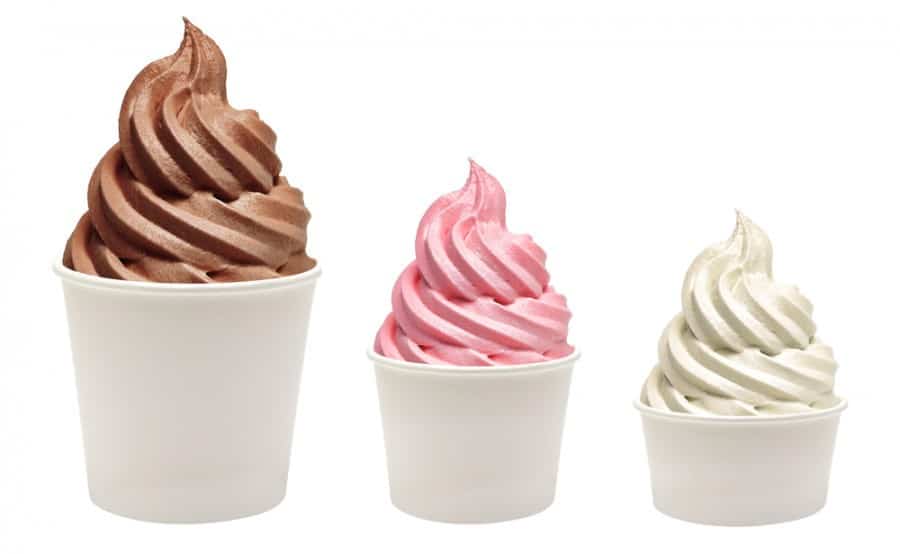Shake That Weight ™ • 11th June 2015 • 10 years ago
Healthy Sounding Foods; That really aren’t that good for you!

There are many foods that people believe to be healthy, that really aren’t that good for you. Sometimes it is because they’re advertised in a certain way, sometimes it’s because they contain a lot of what is healthy before it’s transformed in to the ready prepared foods were all too quick to buy these days.
Here is a selection of some of the most common healthy shopping faux pas’;
Premade Smoothies
That premade or shop-bought smoothie you think is so healthy may in fact have more calories than a cheeseburger! Smoothies can have as much as 650 to 1000 calories in them due to the extreme portions of fruit, vegetables, and, often added sugars and syrups. We feel more comfortable getting larger sizes of smoothies because they contain plant-based nutrients our bodies need, but as with anything, you can overdo it.
Trail Mix
Ah, the ease of taking a handful of trail mix from a bag for a quick snack on your way out the door. Ease, yes. Low in calories, no. Although healthy trail mix is possible (ones made with just nuts, some dark chocolate, and some dried apricots is one option), most of the versions we are buying at the store are loaded with candy-coated pieces, yogurt-covered raisins, sesame sticks and deep-fried banana chips. If you put your hand in the bag twice, you’re looking at almost 600 calories chock-full of simple sugars, trans fat and refined carbohydrates!
Frozen Yogurt
Frozen yoghurt seems so much better than ice cream. In the world of saturated fat, it is – but in terms of calories and simple sugars, they’re closer than you think. Once we load up the frozen yoghurt with sugar- and fat-laden toppings, it’s pretty much equal to its ice-cream counterparts!
Fat/Sugar Free Desserts
Fat-free cookies and cakes are deceiving. People think that “fat-free” means “calorie-free,” so they tend to eat more than usual. Further, the sugar replaces the fat in these products so you’re still getting a high number of calories. As far as sugar free sweets go, you only have to look at some of the internet reviews of sugar-free sweets to see the disastrous laxative effects of the sweeteners they use.
Granola
For most (but not all), a teeny tiny amount of granola will give you a wallop of trans fats and sugar – both have been shown to increase the risk of heart attack and stroke – and calories. Plus, the portions are so small that we tend not to be satisfied with the initial bowl and continue to fill the bowl until the milk is gone … and then add a little more milk, what I like to call the vicious cereal cycle.
Nut Butters
Peanuts, walnuts and cashews are amazing, and so are their healthy fats. They’ve been shown to help boost heart health and keep weight down, so why would you take some of the fat out and replace it with sugar and saturated or trans fat? When it comes to nut butters, stick with options that have one to two ingredients; for example, peanuts or peanuts and salt. Once you go beyond that, your health food has just become unhealthy.
Multi-Grain and Wheat Breads
Terms like multi-grain, 7-grain, and wheat sound healthy, but they may not actually contain heart-healthy whole grains. Many breads labeled “multi-grain” and “wheat” are typically made with refined grains, so you’re not getting the full nutritional benefit of the whole grain. How can you be sure? Read nutrition labels carefully. If the first flour in the ingredient list is refined (it will typically say “bleached” or “unbleached enriched wheat flour”) you are not getting a 100% whole-grain bread.
Prepared Salads
Don’t assume that anything with the word “salad” in it must be healthy. Prepared tuna salads, chicken salads, and shrimp salads are often loaded with hidden fats and calories due to their high mayonnaise content. While a lot depends on portion size and ingredients, an over-stuffed tuna sandwich can contain as many as 700 calories and 40 grams of fat. If you’re ordering out, opt for prepared salads made with low-fat mayonnaise, and keep the portion to about the size of a deck of cards. Better yet, make your own.
Sports Drinks
If you’re going for a leisurely stroll or doing some light housework, skip the sports drinks. While most sports drinks do contain important electrolytes (like potassium and sodium) that are necessary for intense workouts or endurance training, you don’t need a sports drink to fuel light activity. Many sports drinks contain 125 calories or more per 500ml. bottle, so spare yourself the extra calories and opt for plain water or a calorie-free beverage to keep you hydrated.
References:
https://www.heartandstroke.ca/articles/10-foods-that-sound-healthy-but-arent
https://www.mensjournal.com/food-drink/20-foods-seem-healthy-arent/
http://www.eatingwell.com/article/16373/4-ingredients-that-sound-healthier-than-they-really-are-and-4-that-sound-scary-but-arent/










